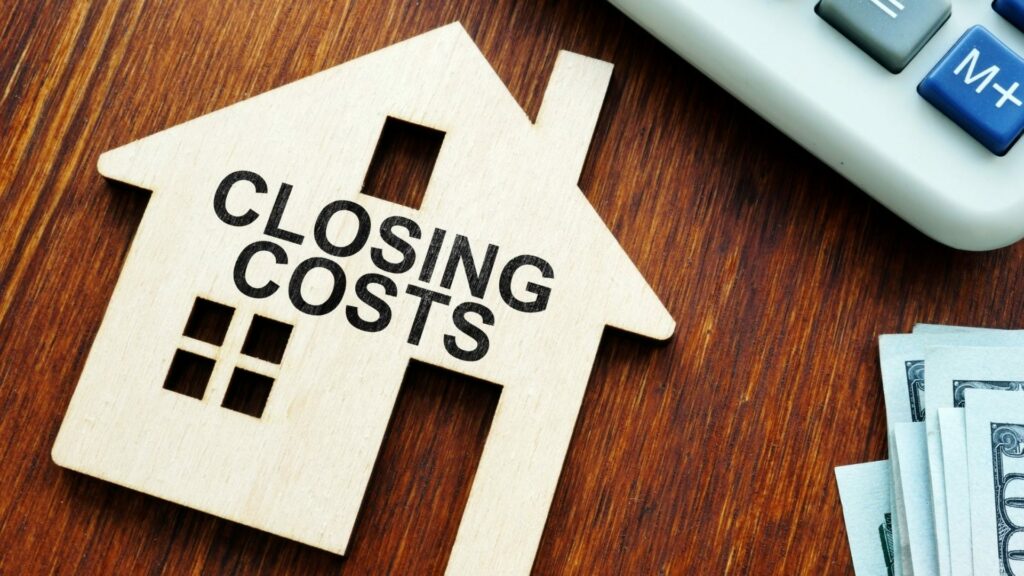
An Overview of Mortgage Closing Costs: All You Need to Know
When people buy houses or refinance the house they live in, they pay closing costs. These costs must be figured into the total purchase price of a home or new mortgage. They can also be considered tax-deductible expenses. There are ways to reduce the closing costs the homeowner pays.
Just What Are Closing Costs?
Closing costs usually account for 2% to 5% of a home’s purchase price or an average of over $6,000. When refinancing, the closing costs are slightly lower at a little over $3,000. The details about closing costs are available on the lender’s websites. Depending on the details, of each transaction, closing costs might be tax deductible.
Closing costs are the collection of fees paid at the closing of any real estate closing and are in addition to the purchase price or mortgage amount. By law, these closing costs have to be disclosed to the buyers and the sellers. They must be agreed upon by both parties before the real estate transaction can be completed.
Common closing costs include:
- Fees as part of the underwriting and origination of the mortgage and attorney fees
- Discount points
- Appraisal fees
- Title searches
- Surveys
- Credit report charges
- The real estate commissions
- Taxes
- Insurance
- Fees for various record filings
It is important for anyone purchasing a house or refinancing a house to ask what the closing costs for their transaction will be.
Are Closing Costs the Same For Everyone?
Homeowners can make a difference in the number of closing costs they are charged. Having a real estate attorney working with the homeowner can save thousands of dollars as they can spot junk fees, duplicated fees, or unusually high closing fees. The homeowner can then ask the lender to remove those fees or reduce them.
Each real estate lender has different closing costs they charge and it will pay to shop around for lenders with smaller closing fees.
How To Reduce Closing Fees
A homeowner can reduce closing costs in several ways. They can choose a lender with less closing fees by asking each lender for a closing fee estimate on their mortgage amount. Scheduling a closing for the end of the month can help reduce closing costs by reducing pre-paid interest amounts.
Asking the seller to help with closing costs is also an option. Some sellers will agree to pay a portion of the closing costs in order to get their property sold and the deal closed. Question closing fees that differ a lot from initial loan estimates by increasing or new fees being added.
Some mortgage companies will pay part of the closing cost or roll them into the mortgage. Look for special no-closing-cost mortgages, but be careful about the interest rates being charged. If the interest rate is higher, the total loan amount can actually be more than paying the closing costs upfront.
What About Refinance Closing Costs?
Homeowners who refinance their mortgages to reduce interest, deduce monthly payments, or pull money out to pay debts or renovation costs also pay closing costs. More than half of homeowners refinance their original mortgages at least once during the time of their home loans. Many loan refinancing lenders publish their costs and terms online. Getting good closing cost estimates before refinancing a home loan is really important.
When a refinance company advertises no-closing-cost loans, they may be just rolling the costs into the new mortgage. Since closing costs are somewhere between $3,000 and $5,000, this can add to the final mortgage expense.
Whether a person is shopping for a new home purchase mortgage or to refinance an existing home mortgage, it is important to research closing fees in advance.
With a solid foundation in technology, backed by a BIT degree, Lucas Noah has carved a niche for himself in the world of content creation and digital storytelling. Currently lending his expertise to Creative Outrank LLC and Oceana Express LLC, Lucas has become a... Read more